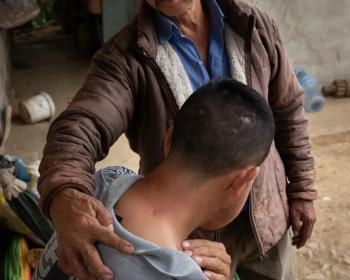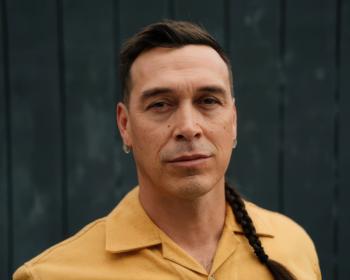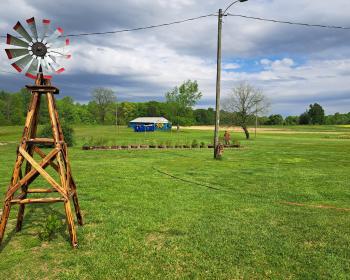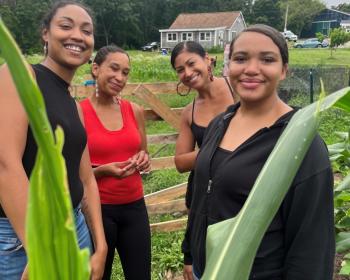Ñushpi Quilla Mayhuay Alancay (Quechua Kolla), Advocacy Coordinator, is a lawyer and human rights activist from Argentina. She comes from a family of Indigenous artists. Her mother (Kolla) and father (Quechua) are cultural creators who, through art, music, dance, and song, spread and defended their cultures and philosophy of life, understanding art as a tool for political and social transformation. Her Elders have been part of the political, social, and cultural movements that began in Argentina, fighting for and vindicating their rights. Thanks to this, Ñushpi is part of an Indigenous generation with rights recognized by the Argentine State.
Ñushpi earned her Bachelor's degree in Law from the National University of Cuyo, Argentina, and a degree supplement in Litigation before the Inter-American Human Rights Court System. She also holds a diploma in Economic, Social, Cultural, and Environmental Rights from the University of Buenos Aires. She has experience providing legal empowerment and advice, building networks and spaces for dialogue, and organizing and facilitating training on human rights and Indigenous rights for youth, academics, state agents, Indigenous communities, and the general public. Throughout her career, she has participated in various collective, networking, and coordination spaces to design public policies and ensure access to justice, and in the academic field for recognizing and defending Indigenous rights, self-determination, and access to justice from an intercultural perspective. She has been part of work teams developing institutional, legal, and communication strategies to promote and defend the rights of Indigenous Peoples and their communities at the local, national, and international levels. Reach Ñushpi at nushpi.mayhuay@culturalsurvival.org.





